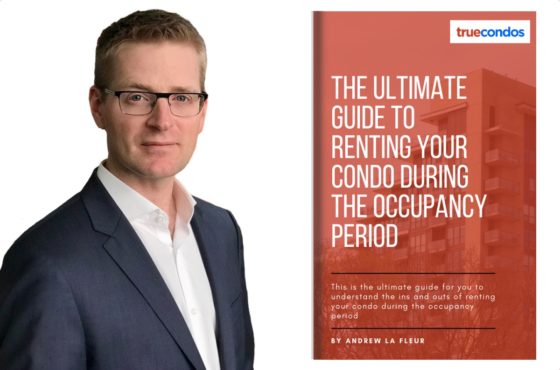3 Mistakes to Avoid When Investing with Friends and Family

If you are thinking about investing in a property with a family or friend, there are certain benefits that can make it an attractive way to build your real estate portfolio.
Most obviously, investing with a partner allows you greater buying power and lowers your personal risk exposure.
However, there are potential pitfalls too, and some mistakes that I see investors making time and time again.
Here are the top-3 mistakes to avoid when investing in real estate with friends or family.
NOT HAVING YOUR GOALS ALIGNED
The biggest mistake I see investors making is that they don’t agree on their goals up front.
Figuring out why you are both investing and what you hope to get out of it is essential to long term success and avoiding conflict.
When you know what you are trying to achieve, it also makes the property selection process much easier.
The more specific you are with your goal setting, the better as it will eliminate all but a very small number of potential properties you will even look at investing in.
You need to sit down, talk about, and agree upon what your exact goals are before you start evaluating specific property alternatives.
You may be surprised that your partner is looking for a quick flip, whereas you were thinking long term hold.
Or maybe your partner wants to invest in an up-and-coming area offering better cash flow, whereas you are only interested in established neighbourhoods offering stable long term capital appreciation.
Get aligned on goals first.
One way to frame the conversation with your partner around goals is to both finish this sentence, “I know our real estate investment will be successful when…”
NOT HAVING DECIDED UPON AN OWNERSHIP STRUCTURE
When buying a property with another person, there are many a few different forms of ownership that you can utilize.
The most basic question being: do you incorporate or buy in your personal names, but there may be other factors to consider including how your financing will work on the property.
Seek out professional advice from your lawyer and accountant on the best ownership structure that is right for you.
Rule of thumb: keep it simple. Most of the time I find that clients will purchase in their personal names and divide ownership and the mortgage 50/50.
However, you might find that there is not one ownership structure that both parties are happy with.
Better to know this up front and dissolve the partnership before putting any offers on any properties.
NOT HAVING YOUR EXIT STRATEGY PLANNED
Always talk about your exit strategy alternatives with your investment partner before you ever buy a property.
It may seem strange to talk about how you sell a property before you even buy it, but this step is essential for a successful partnership.
You must agree on how, when and under what circumstances you will sell the property.
And perhaps the most important question to ask and agree upon: What happens if one partner wants to get out of the investment but the other does not?
Can you figure out a way to structure a method for one partner to ‘buy out’ the other that is fair and equitable to both parties?



